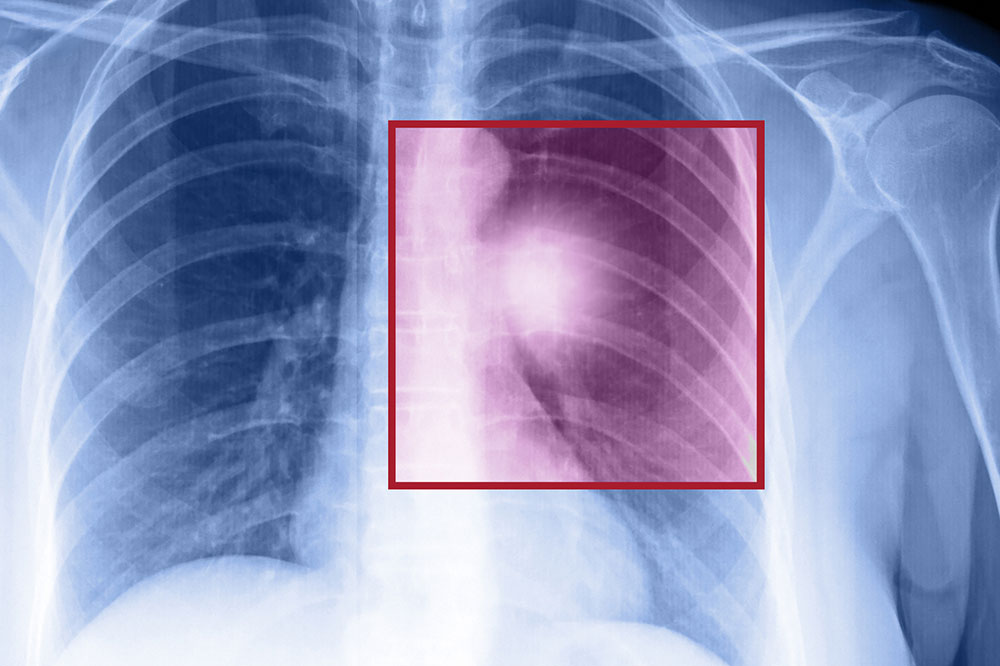Lung cancer – Types, symptoms, and causes

When the cells in the lungs begin to abnormally multiply and grow, it results in cancer. Lung cancer is one of the leading causes of death in the world. And the risk of suffering from this life-threatening disease is even higher when one is a smoker. Herein, we discuss the various factors that come into play when it comes to lung cancer.
Symptoms of lung cancer
Usually, lung cancer does not present any symptoms or signs in the early stages. However, as the disease progresses, one may notice
- Headache
- Bone pain
- Loss in weight
- Hoarse voice
- Chest pain
- Shortness of breath
- Coughing of blood
- A new cough that persists
One should consult a doctor if they notice these signs. If someone is unable to quit smoking, they should visit a medical practitioner for quitting techniques to help avoid this disease.
Types of lung cancer
There are two kinds of lung cancer:
- Non-small cell lung cancer
This is a catchall term that includes many varieties of this disease, like large cell carcinoma, squamous cell carcinoma, and adenocarcinoma. - Small cell lung cancer
This happens mainly to people who are heavy smokers, and it’s rarer than non-small cell lung cancer.
Risk factors of lung cancer
Various factors put you at risk of getting this disease. While some of them can be controlled, others cannot. One should watch out for these top factors in their day-to-day life and environment:
- Family history
If one’s family has a history of this disease, perhaps in a parent, child, or sibling, then they may get it as well. - Exposure to radon gas
It could be a part of the air or the risk could be in the natural breakdown of uranium in the water, rock, or soil. These can be found in any building or home. - Exposure to carcinogens or asbestos
Workplaces that are exposed to these substances are quite harmful. One should Stay away from them. Unsafe levels require attention. - Radiation therapy
Any sort of this type of therapy taken to the chest area can cause the development of lung cancer. - Exposure to second-hand smoke, or being a smoker
As mentioned, one needs to reduce the number of cigarettes or quit entirely if they want to prevent developing this condition. It is a very harmful habit. Quitting at any stage will help significantly reduce the risk of lung cancer.
If one notices any of these risk factors, they should visit the doctor to get help on how to minimize them.



